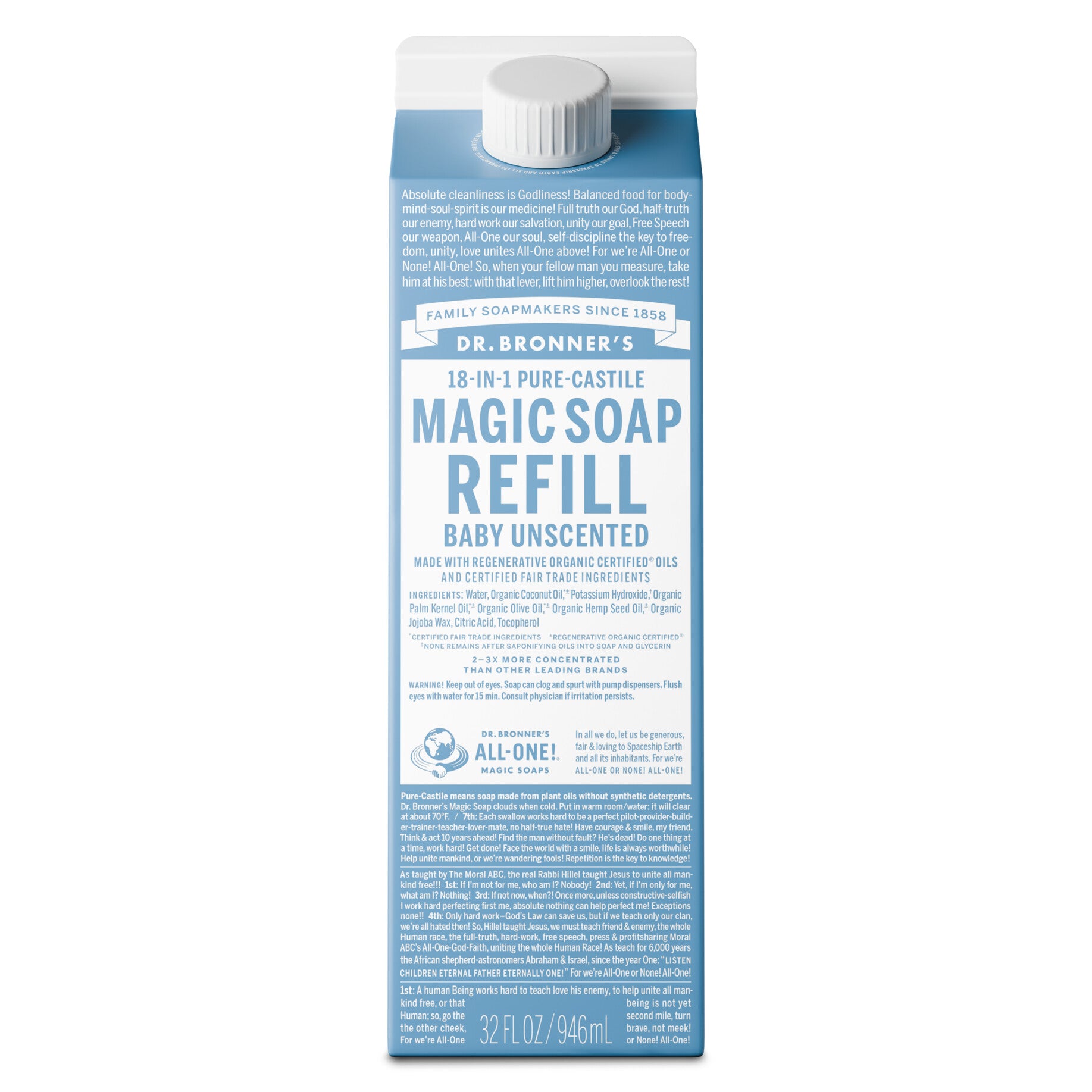Getting a tattoo is an important step—it's a permanent piece of art on your body. Before you sit down with your tattoo artist, it's important to prepare your skin. Healthy, well-maintained skin makes the tattooing process easier and helps your tattoo heal properly. Proper skin prep can also help your ink stay bright and look great for years. In this article, we'll cover practical tips to get your skin ready for your new tattoo.
Table of Contents
- Why Is Skin Preparation Important Before Getting a Tattoo?
- Step 1: Hydrate from Inside Out
- Step 2: Exfoliate Gently and Regularly
- Step 3: Keep Your Skin Moisturized
- Step 4: Avoid Sun Damage and Tanning
- Step 5: Avoid Certain Skin Products and Irritants
- Step 6: Refrain from Shaving the Day of Your Appointment
Why Is Skin Preparation Important Before Getting a Tattoo?
Think of your skin as the foundation of a building. If the foundation is weak or compromised, the structure won’t stand tall for long. Similarly, unprepared or damaged skin can lead to a less-than-perfect tattoo experience—more pain, longer healing time, increased risk of infection, and possible ink fading or distortion over time.
Proper skin prep reduces the risk of complications and enhances the clarity and longevity of your tattoo. It’s about creating an optimal environment—hydrated, healthy, and resilient—so your artist can work efficiently, and your skin can heal swiftly.
Step 1: Hydrate from Inside Out
Hydration is the cornerstone of healthy skin. Well-hydrated skin is more elastic, easier to work with, and less prone to irritation or cracking during the tattooing process. Start increasing your water intake at least a week before your appointment. Aim for at least 8 glasses a day (keep in mind that herbal teas and fruit-infused waters also contribute to hydration) [1]. Also, consuming foods rich in vitamins C and E—like citrus fruits, nuts, and leafy greens—can boost your skin's resilience.
Step 2: Exfoliate Gently and Regularly
Exfoliation removes dead skin cells, revealing fresh, smooth skin underneath. This not only makes your skin more receptive to ink but also reduces the chances of uneven healing or scabbing.
Use a gentle, natural exfoliant—like a sugar scrub or a soft brush—2-3 days before your appointment. Avoid harsh scrubs or chemical exfoliants that can strip your skin too aggressively or cause irritation. Focus on the area you plan to tattoo, and be sure to exfoliate evenly to avoid patches of uneven skin texture.
Further reading: Lisa’s Bronner’s Guide to Making an Exfoliating Coconut Sugar Scrub
Step 3: Keep Your Skin Moisturized
Moisturization is key to maintaining supple, healthy skin. Dry, flaky skin can hinder the tattooing process and lead to uneven lines or excessive discomfort. Incorporate a high-quality, natural moisturizer into your daily routine leading up to your appointment.
Look for products with gentle, nourishing ingredients—like organic jojoba oil—that hydrate without clogging pores or causing breakouts. Avoid heavily scented or synthetic products, as they can irritate sensitive skin.

Step 4: Avoid Sun Damage and Tanning
Sunburned or tanned skin is more sensitive and prone to irritation during tattooing. If you plan to get inked in a specific area, avoid excessive sun exposure for at least a week beforehand. If your skin has a tan, it’s best to wait until it fades to a natural, even tone for optimal results.
If you’re outdoors, always wear protective clothing and apply a broad-spectrum, mineral-based sunscreen on the area—at least SPF 30—several days prior to your appointment. This helps prevent sun damage, which can complicate healing and cause uneven ink retention.
Further reading: How Skin Cancer Taught Me That Sunscreen Is Not Optional by Lisa Bronner
Step 5: Avoid Certain Skin Products and Irritants
In the days leading up to your tattoo, steer clear of harsh skincare products—especially those containing retinoids, acids, or alcohol. These ingredients can thin your skin or cause irritation, making it less suitable for tattooing.
Also, avoid using lotions or ointments with artificial fragrances, dyes, or synthetic preservatives. Stick to natural, organic products that support skin health.
Step 6: Refrain from Shaving the Day of Your Appointment
If the area to be tattooed is hairy, it’s best to have it professionally shaved a day or two before your session. Shaving immediately before can cause irritation or small cuts, which aren’t ideal for tattooing.
Never shave right before your appointment to avoid skin irritation or nicks. If you’re unsure, consult with your artist or a skincare professional for the best approach.
Additional Tips for Tattoo-Ready Skin
- Rest Well: Ensure you’re well-rested before your appointment. Sleep supports overall skin health and reduces stress, which can negatively impact your skin.
- Avoid Alcohol and Blood Thinners: Alcohol and blood-thinning medications can increase bleeding and bruising during tattooing. Avoid alcohol at least 24 hours before your session [3].
- Stay Calm and Hydrated: Stress can have adverse effects on your skin. Practice deep breathing or relaxation techniques to keep your skin’s environment calm and healthy.
Post-Preparation: Maintaining Your Skin’s Readiness
Your skin doesn’t stop needing care after your appointment. Continue hydrating, moisturizing, and protecting your skin from the sun during the healing process. Proper aftercare ensures your tattoo heals evenly and stays vibrant.
Further Reading: Tattoo Aftercare with Dr. Bronner’s
Why Choose Dr. Bronner’s for Your Tattoo Preparation?
At Dr. Bronner’s, we believe that healthy skin starts with pure, organic ingredients. Our products—whether Castile soaps or balms—are gentle, effective, and free from synthetic detergents or fragrances. They help you cleanse and protect your skin without irritation, making them perfect companions for your tattoo journey.
For pre-tattoo skin prep, our gentle Castile soaps can be used to cleanse the area thoroughly, removing dirt and oils without stripping natural moisture. Our organic lotions and balms can be used to keep your skin supple and resilient leading up to your appointment.



